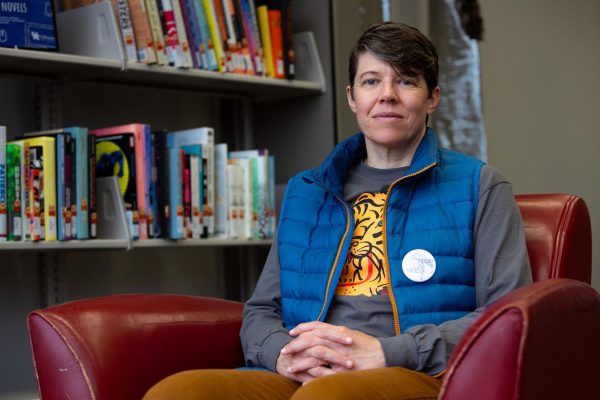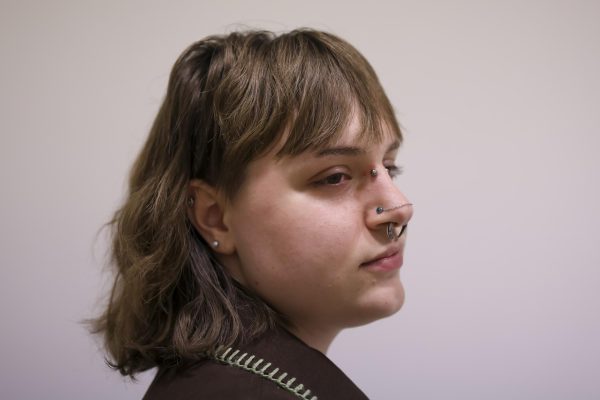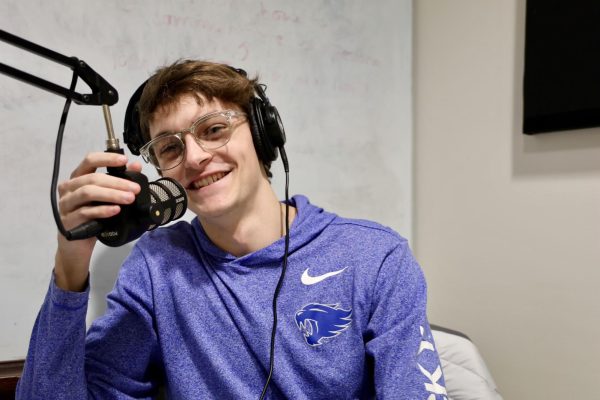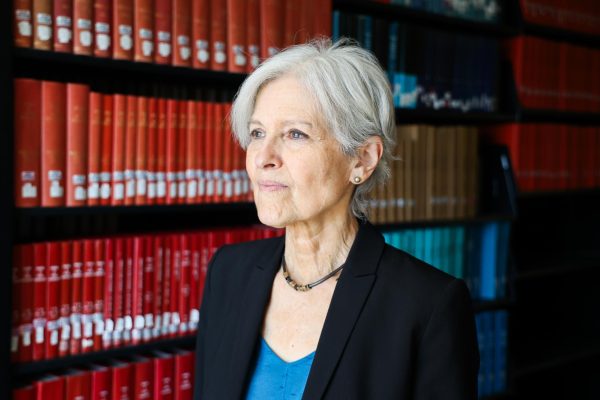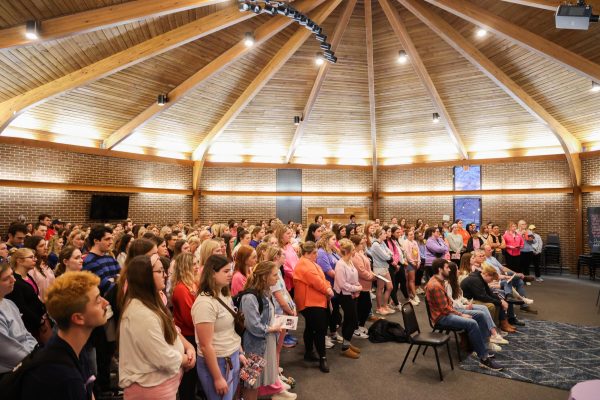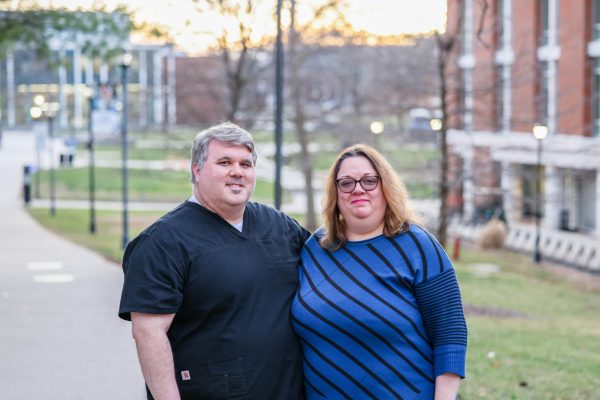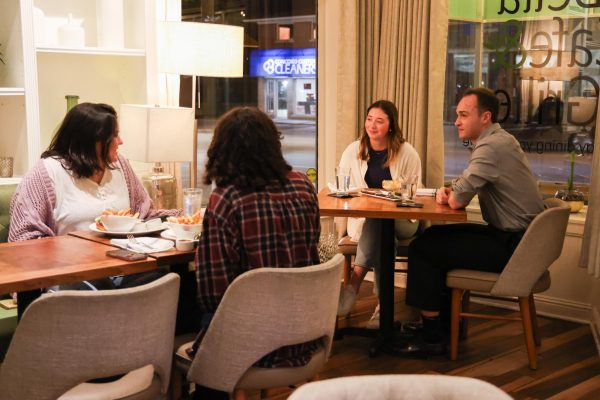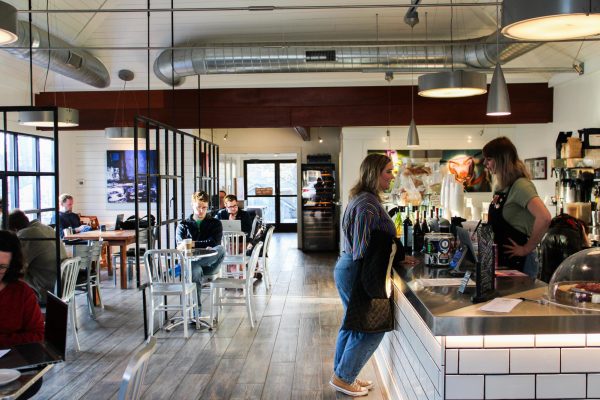Reflecting on life for black women
March 26, 2016
On-campus discrimination a reality for minority students
Nicole Rawlings, a 21-year-old communications junior, said being an African-American woman is a blessing as well as a curse.
“It’s a privilege to be black, especially during this time, because it holds a lot of responsibility,” Rawlings said. “It’s also a curse because I’m a woman and I’m black, so it’s like two strikes against you.”
Rawlings said she upholds this responsibility by making an active choice in the comments she makes, the people with whom she associates and the attitude she has toward others.
“I think it’s just really a personal, daily thing that you just have to wake up sometimes and be like, ‘This is what I’m going to do,’” Rawlings said. “People are always going to see me as black, but you can also say I’m pretty or I’m about my business.”
Rawlings said although she has not experienced any discrimination on campus, her work with the Black Student Union, a student organization dedicated to educating the community and guiding incoming students and existing members, has shown her that discrimination exists.
The BSU, she said, has minority students who come to them and let them know of any instances of racism or harassment they have encountered on campus.
“I am the activities chair for the Black Student Union so we get stuff like that all the time,” Rawlings said. “I can’t personally tell someone, ‘Yes, I went through racism on this campus,’ but I know it exists.”
Moving to a mostly white UK can be culture shock for some
“I like being black. I’m comfortable in my own skin,” said Shacora Perkins, an integrated strategic communication sophomore. “I love myself. l love my brown skin. I thank God I’m black.”
Perkins is a part of the 8.3 percent of black and African-American students who make up UK’s population. Although she knows racism exists, Perkins said she has never personally experienced it.
“I know that (racism) exists, because of the state that we’re in, Kentucky, and this is like a predominantly white school,” Perkins said. “You can see the big gap between how many black people are here versus white people.”
Perkins said she felt that in a world where perceptions are everything, African-American women have a positive perception at UK.
“The (African-American women) that I’ve seen, they are really involved on campus with internships and job positions,” Perkins said. “I feel like there are good opinions on us that we … work hard for what we want and that we … take our schooling seriously.”
Perkins said part of this success comes from a certain level of confidence. Perkins came from a predominantly African-American high school and said it was a culture shock to attend UK. She worked hard to prepare for attendance here.
“I wrote out goals: … get good grades, study,” Perkins said of attending UK. “I think you need to believe in yourself, to be like, ‘I know I can do this,’ … and know what your weaknesses are.”
In light of national events, campus safety a concern
Interior design sophomore Sydney Young said even today women often come in second place. As she put it, women, specifically African-American women, are often secondary.
“We live in a world where women, in general, are still on the back burner, and then being African-American … puts me on the back, back burner,” Young said.
The lack of minority representation in her major and on campus, motivates her to excel in the classroom.
“I guess that’s just even more reason to be great at what I want to do, so I can push myself to the front burner,” Young said.
While Young has struggled with her African-American identity, she has learned to embrace it as she has become older.
“Sometimes it’s really fun, but I think it took me a while to figure what it meant to be African-American,” Young said. “But I think now that I’m older it’s really fun because I just learned how to embrace what it is. It has its ups and downs, but in general I think it’s great.”
With the ongoing story of police brutality against African-Americans, like Michael Brown and Sandra Bland, fear and distrust has increased.
Young said she has overheard conversations on campus that remind her that aggression and discrimination still exist.
“I don’t feel unsafe,” Young said. “I’m just careful in certain situations because I know what’s going on in the world.”
















































































































































